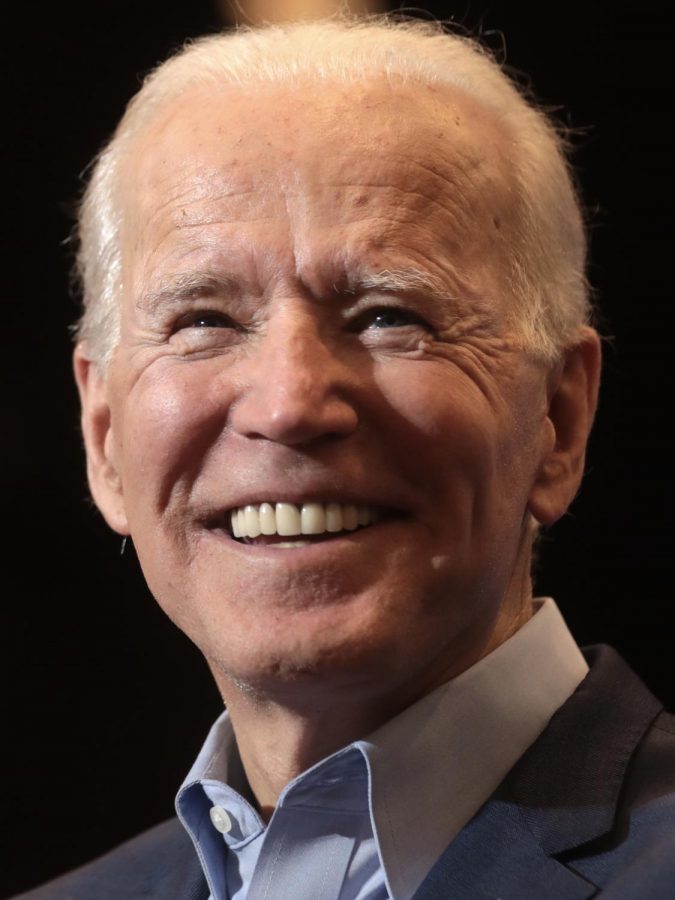After Smooth Inauguration, Biden to Face Major Challenges
January 25, 2021
After a tense election season, at noon Eastern Time on Wednesday, January 20, Joe Biden and Kamala Harris officially became president and vice-president, respectively, of the United States. Biden is the 46th president and the oldest ever to serve. Harris the 49th vice-president and the first woman, the first black person, and the first person of South Asian descent to become vice-president.
Many were nervous as to how the inauguration would go after the Capitol riots that occurred on January 6. However, the transition of power went smoothly. There were a few arrests throughout the country, but no violence was reported. Donald Trump did not attend the inauguration–instead leaving the White House on Wednesday, around 8:20 am, with his wife. Instead of exchanging words in person, President Trump left President Biden a letter, its written contents unknown to the public.
Many people were not sure how the inauguration would go, especially with the tension in Washington D.C. following the Capitol riots, as well as the ongoing coronavirus pandemic, but the ceremony and celebrations went relatively smoothly. People wore masks, and there was more social distance; besides that, some of the ceremony–the oath, the speeches, the music and poetry–would otherwise be familiar to presidential inauguration watchers. A peaceful inauguration behind him, Biden now faces the challenges of the next four years, starting with COVID-19 and the vaccination effort.
